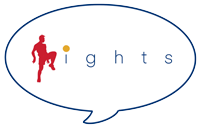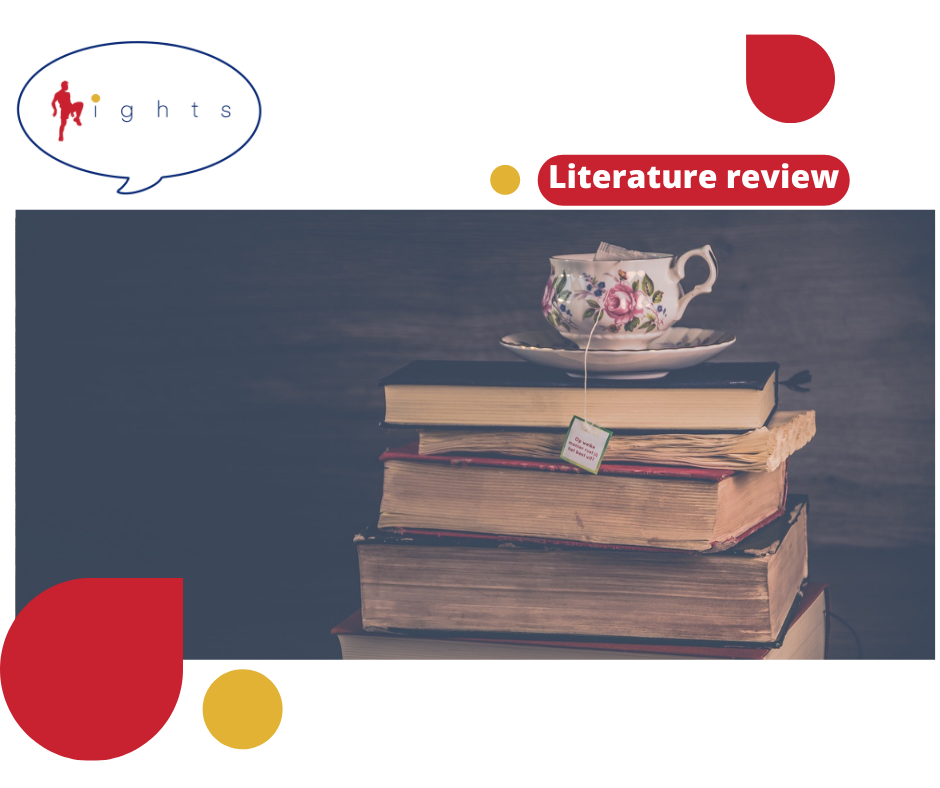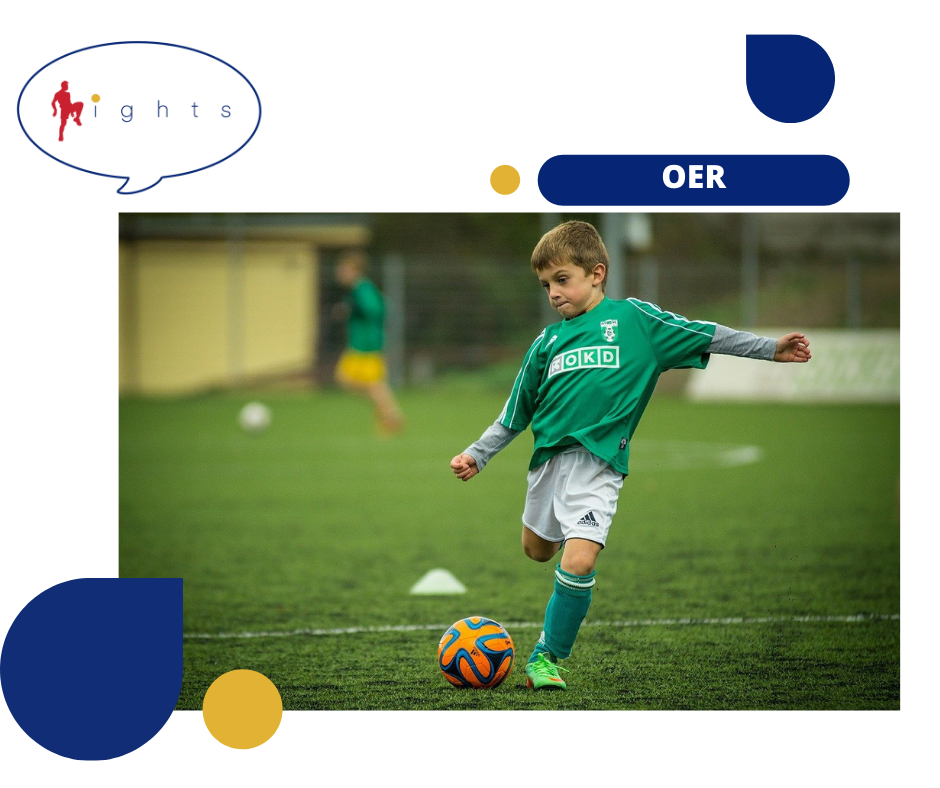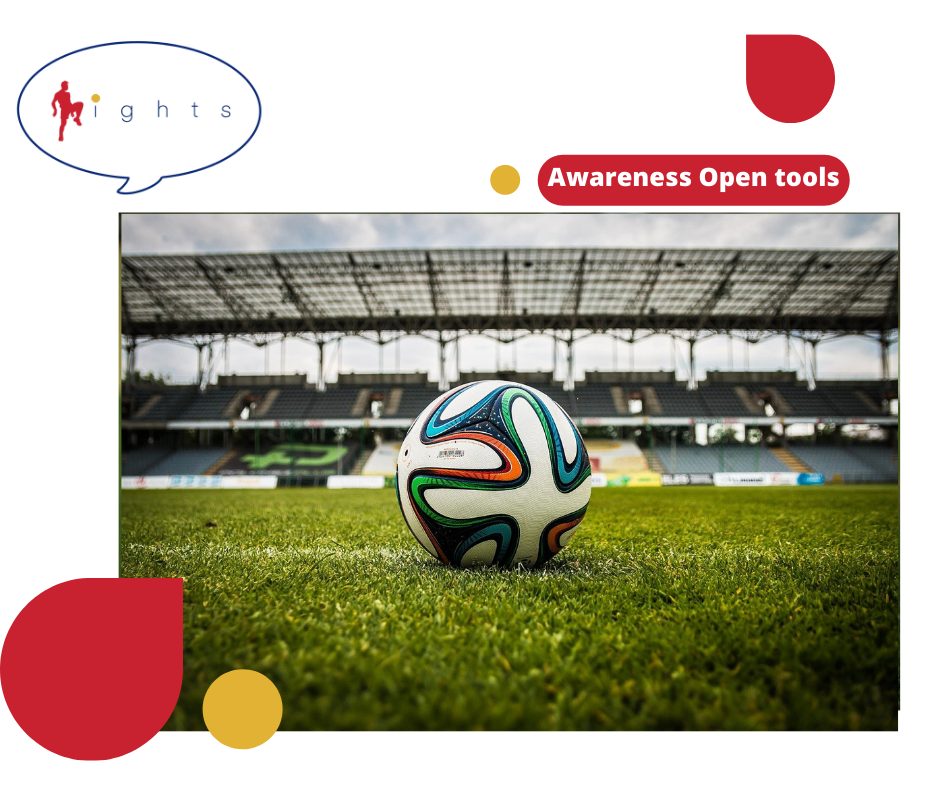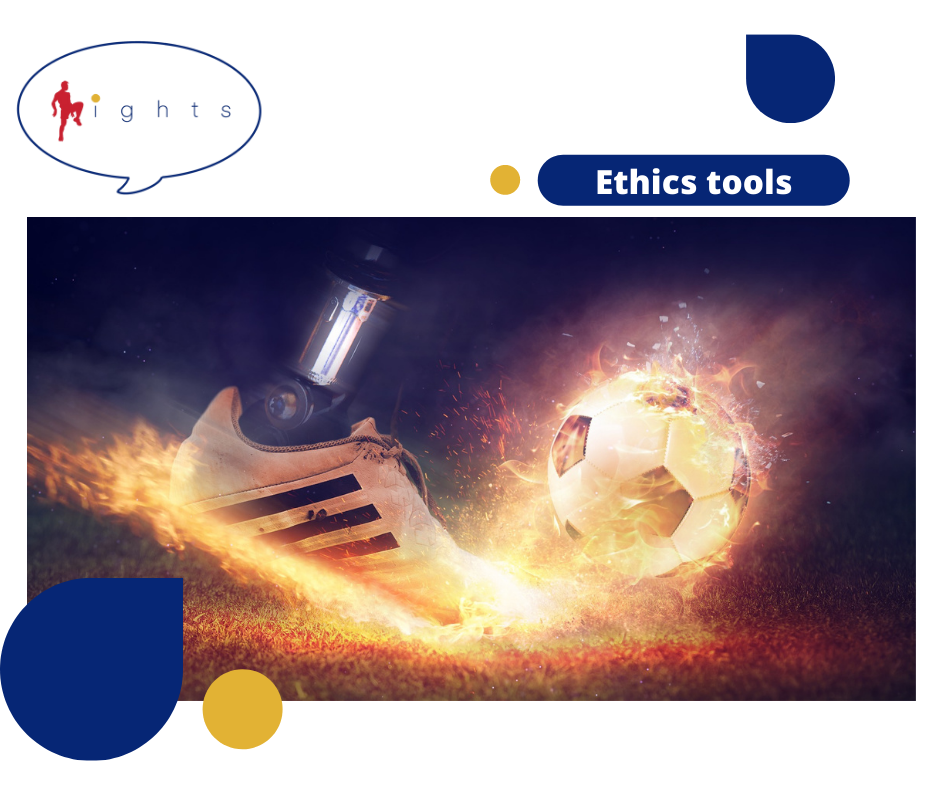There are several stories at the grassroots level of hate speech, not well known. There are stories of hate speech in grassroots sports, especially in the world of football and basketball, which are not known to which have been given little resonance and often go unpunished. These stories of parents who offend black children, those overweight or uncoordinated, who offend female players (children’s tournaments are often mixed and male and female play together); stories of young players who tease the players of the opposing team and of coaches who insult the opposing teams, are misleading and must be contrasted.
Literature review is developed to integrate the view on stories with outcomes of previous researches and with a review of articles published by media. Topics we will investigated are (list is not exhaustive): hate speech in grassroots sport, intercultural management in sport as a mean to reduce intolerance and increase sport performance; parental verbal violence in youth sports and related impact on youth athlete’s behaviour; gender based hate speech; intercultural skills of coaches; the review has the purpose of integrating knowledge but at the same time to analyse and understand push and pull factors of hate speech in sport.
Education to respect diversities is fundamental and can be developed through the knowledge of various cultures, not only through compliance with rules, and acceptance of equality. This requires the development of real intercultural and cross cultural skills ecosystems in grassroots clubs. Sport managers and coaches must increase their ability to face hate speech on the pitch, on the sidelines and on social media; club members and the fan communities must become more aware of the impact that hate speech can have on people and on the community.
These resources has to provide tools to the sport community in order to to develop awareness campaign at the sport clubs. This the rational of this output. In fact, before educating kids and partners it is necessary to lay the foundation of a
respectful environment and this passes through awareness raise. In a sport club all people love to participate and capitalize their own skills, coaches go often over their role of sport trainers. They invent creative resources to reach
goals. This IO represent a set of creative materials, that sport clubs can freely use in their own campaigns against extremism, intolerance and hate speech.
The recommendation to adopt an Ethic Code of Conduct at the grassroots club are elaborated with the purpose of disseminating the culture of tolerance and respect. A code od conduct is tool that the club can share with members and athletes and can use to undertake disciplinary decisions. With this IO we recommend that club first define where their club stands and then develop a position for itself and its members, by means of an ethic code of conduct. Once a club has done this sort of unconditional mission statement, it can better confront dissenting opinions. If the code states that the club will campaign for tolerance, respect and democracy and against racism, anti-Semitism and xenophobia, then it can oblige its members to share those views and avoid every form of hatred and hate speech.
